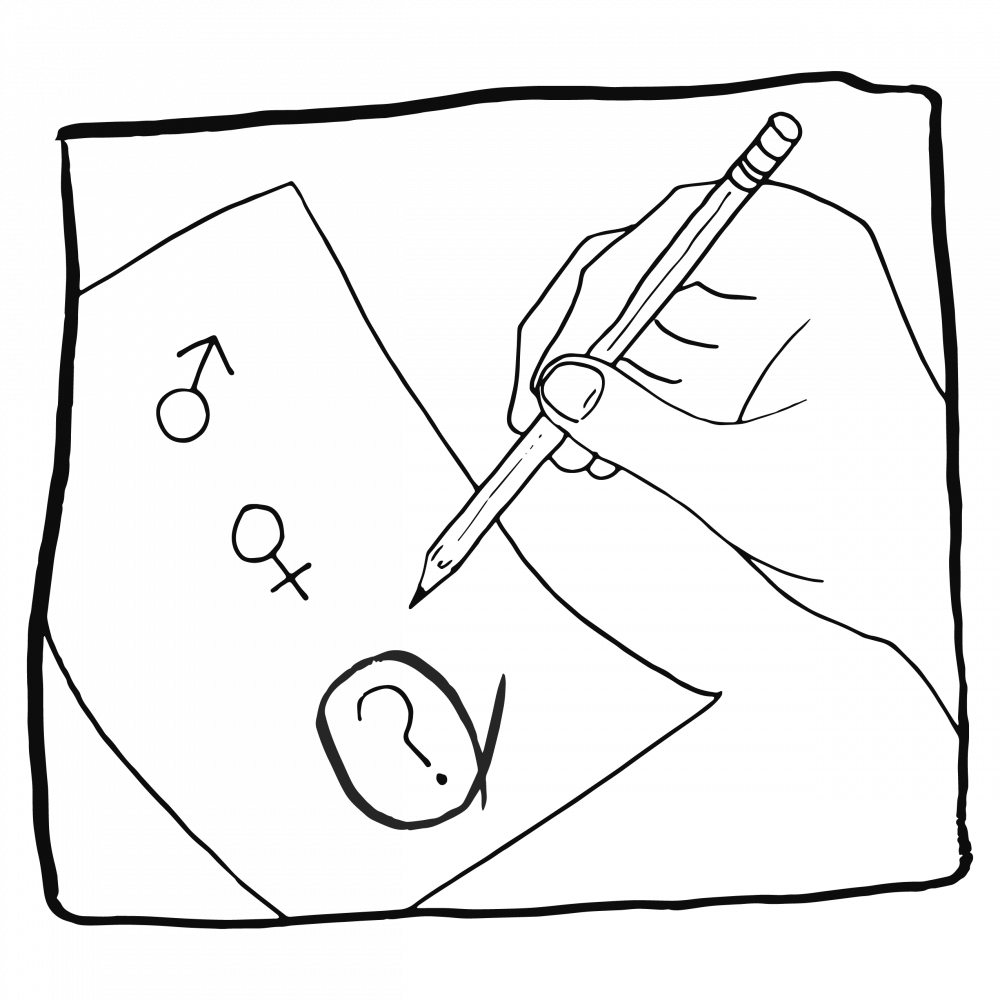People who are non-binary, genderqueer, or any other non-conventional gender identity should be allowed to be legally recognized as so.
Jamie Shupe, the first person in the United States to be legally recognized as non-binary, has been a leading member of this fight in the courts.
Shupe is a Portland veteran who legally fought and won the right to be recognized as non-binary. Many legal documents only have male or female gender identity options. This is a problem for many, including Shupe, who don’t identify as male or female.
Non-binary is a gender identity rooted in a lack of male or female gender. It falls under the umbrella of transgender, which is a person who does not identify with the gender they were assigned at birth.
Being non-binary is less linked to gender assignment surgery and doesn’t always correlate to gender expression. A non-binary person could be someone who doesn’t identify as either gender, both genders or having a third gender such as those who are two-spirited in Native American communities.
Those who are non-binary might also be referred to as genderqueer. Gender identity, sexual orientation and genitalia are all separate and distinct parts of a person that do not necessarily equate.
Shupe at one point identified as trans but realized that identity didn’t quite fit. Once they discovered their non-binary identity, they began the fight to be legally recognized as such.
Unfortunately, after winning their case to be legally recognized, Shupe still faces discrimination from government services. The Oregon Department of Motor Vehicles has said it could be years before they can craft an I.D. with a non-binary classification.
The judge has ruled in favor of Shupe, and the DMV isn’t fighting that decision but do say the DMV’s system does not support a third gender classification.
The legal establishment of genderqueer and non-binary identities would be a great advancement in gender equality. It would allow for a recognition and alignment of self in the eyes of the law. It can be an extremely awkward encounter to be assumed a certain gender in a legal, governmental or medical situation.
If genderqueer people are legally recognized, steps toward protection and awareness becomes fast-tracked. The Shupe case has been an important step in raising awareness for non-binary identities.
Genderqueer people have faced erasure in mainstream culture, and even in LGBT culture, for a long time. While numerous TV shows now feature gay characters, genderqueer characters are few and far between.
Trans and genderqueer struggles have been overlooked. The murder of trans folks of color, legal recognition of gender, legal protection, discrimination based on gender in the workplace and countless other structural issues need to be addressed. To do that, trans and genderqueer people need to be recognized.
Real action has to be backed by legal recourse, and, while this a good start, there are a lot of issues that confront genderqueer people and equality that still need to be tackled.




